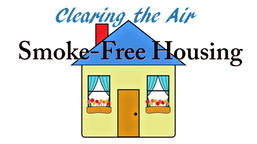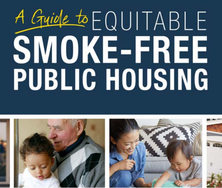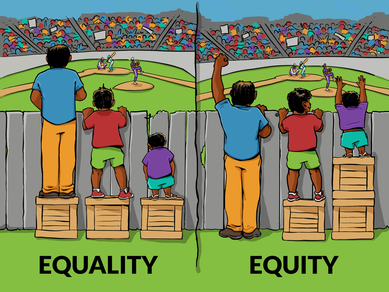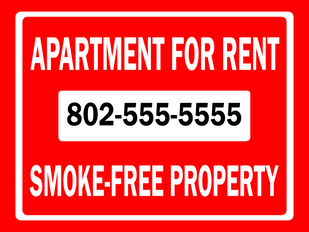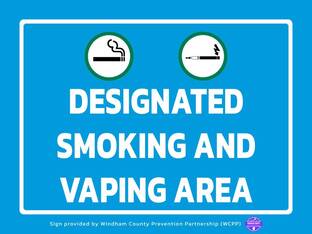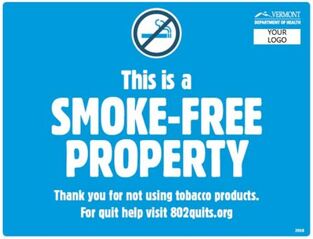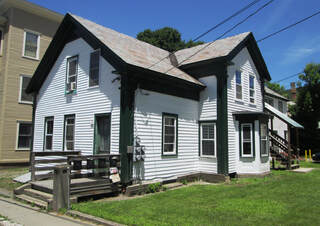SMOKE-FREE HOUSING
“Clearing The Air”
Smoke-Free Housing Tips for Landlords - Creating Healthy and Supportive Environments for All
Smoke-Free Housing Tips for Landlords - Creating Healthy and Supportive Environments for All
Why Go Smoke-Free?Learn why most renters prefer smoke-free housing
|
How To Be Smoke-FreeTips for implementing your plan to go smoke-free
|
Free ResourcesSigns, equipment, and survey templates to help with compliance
|
